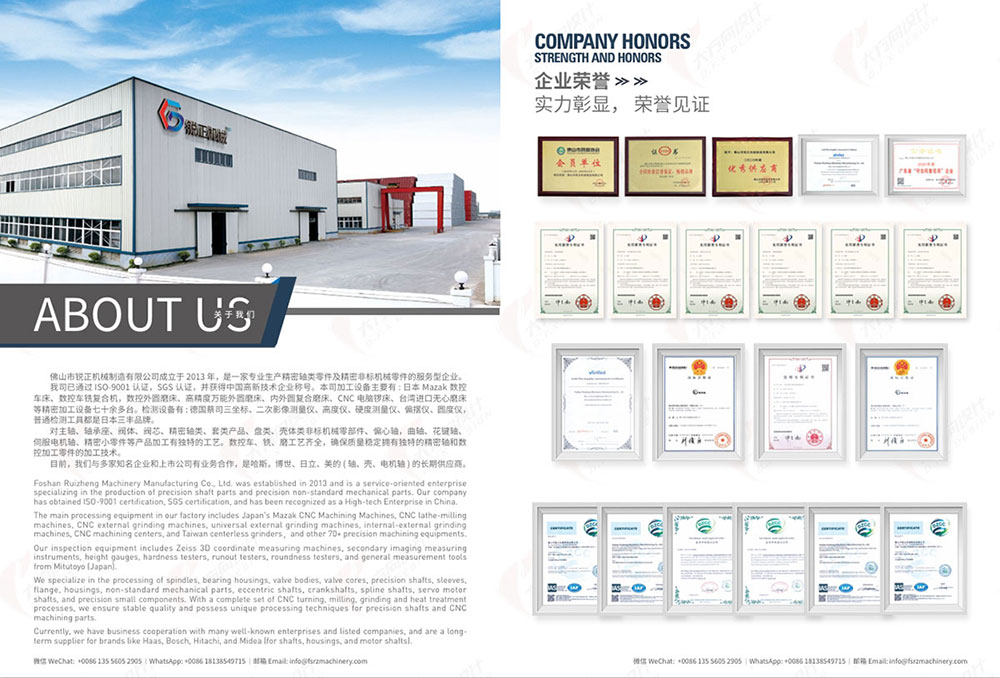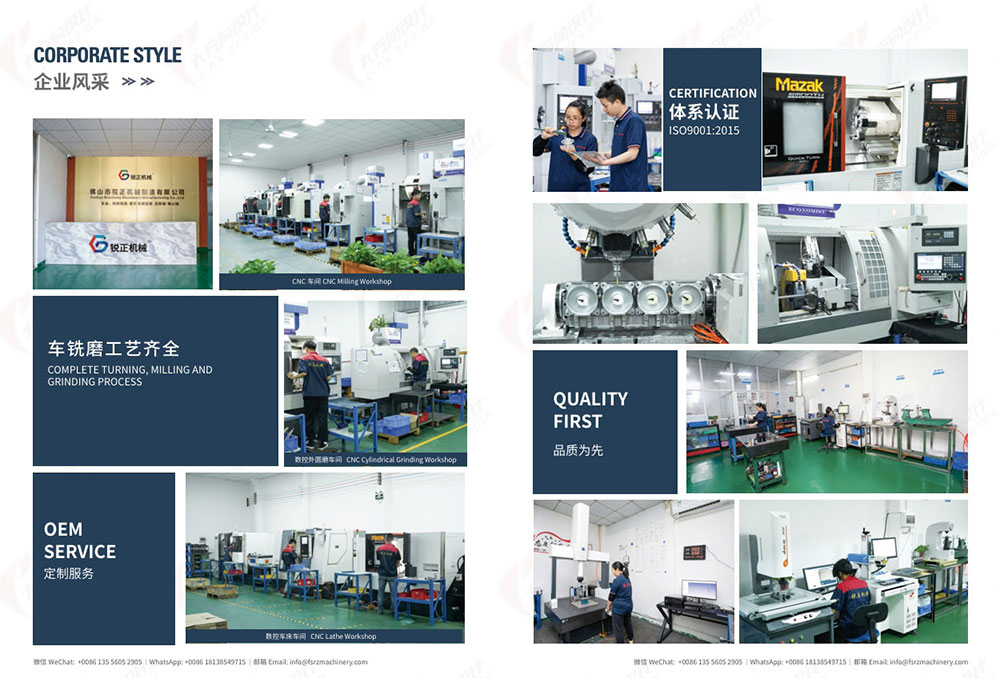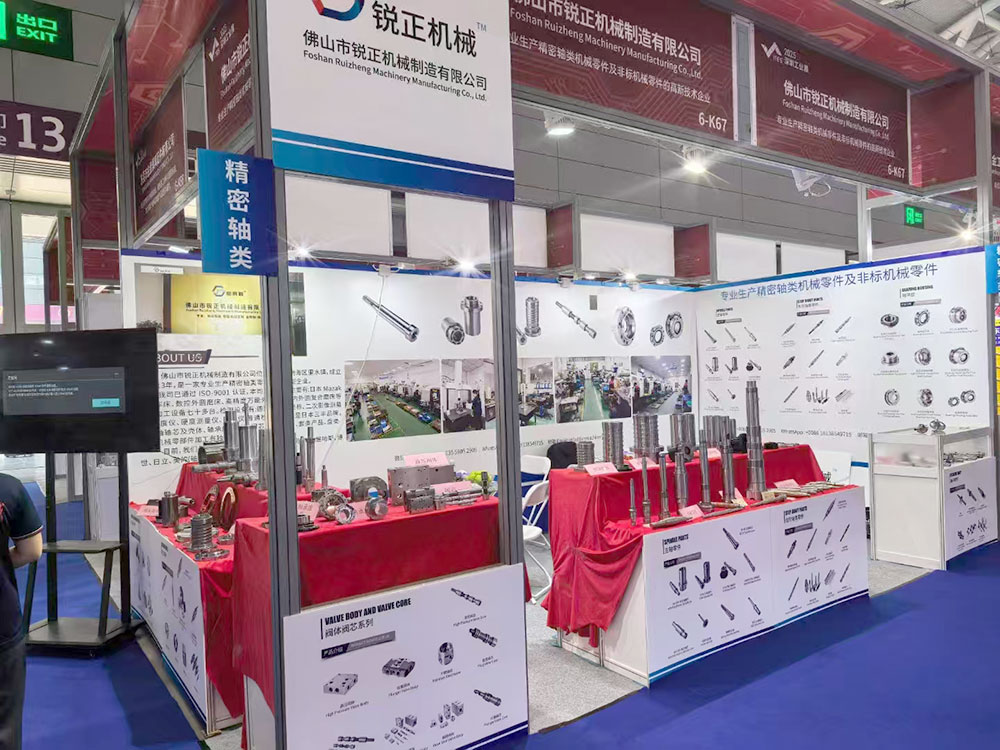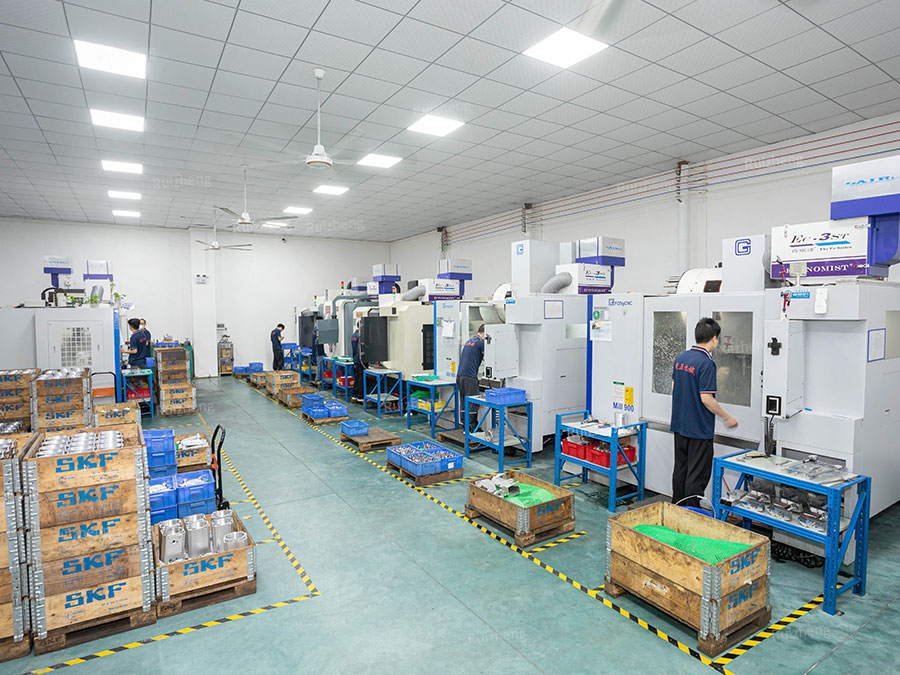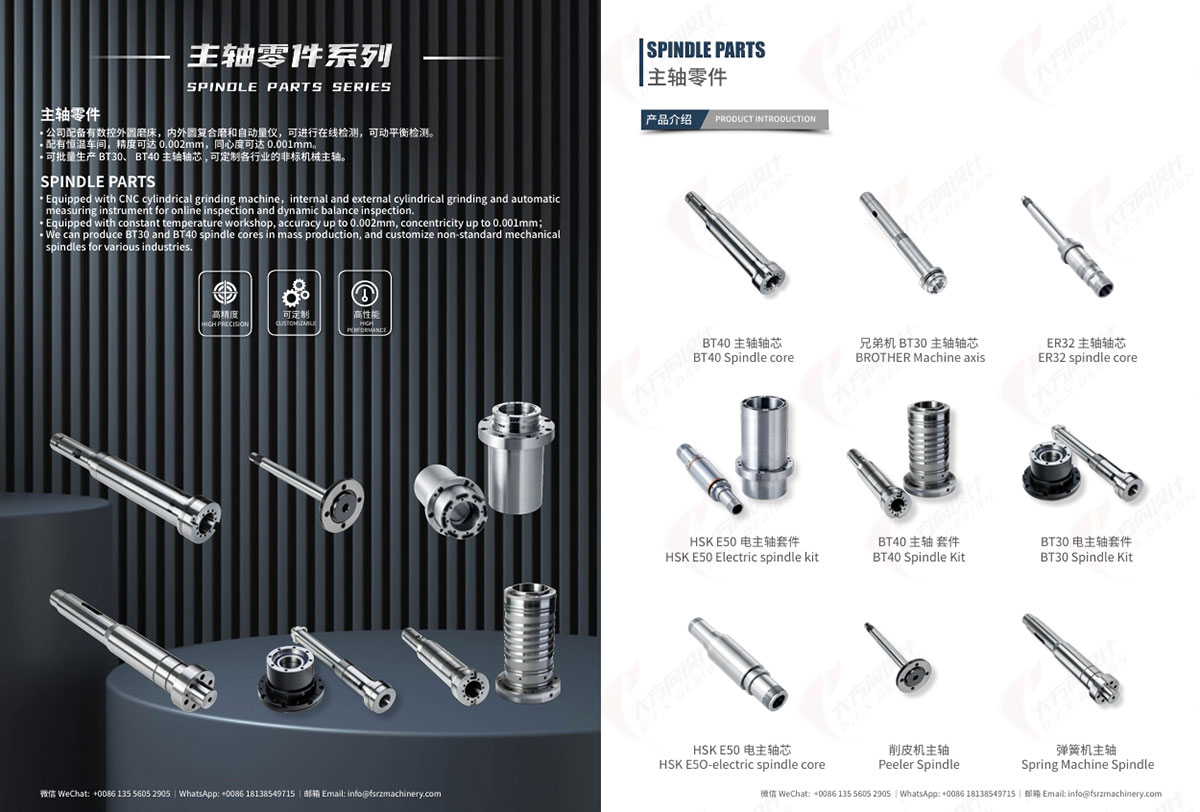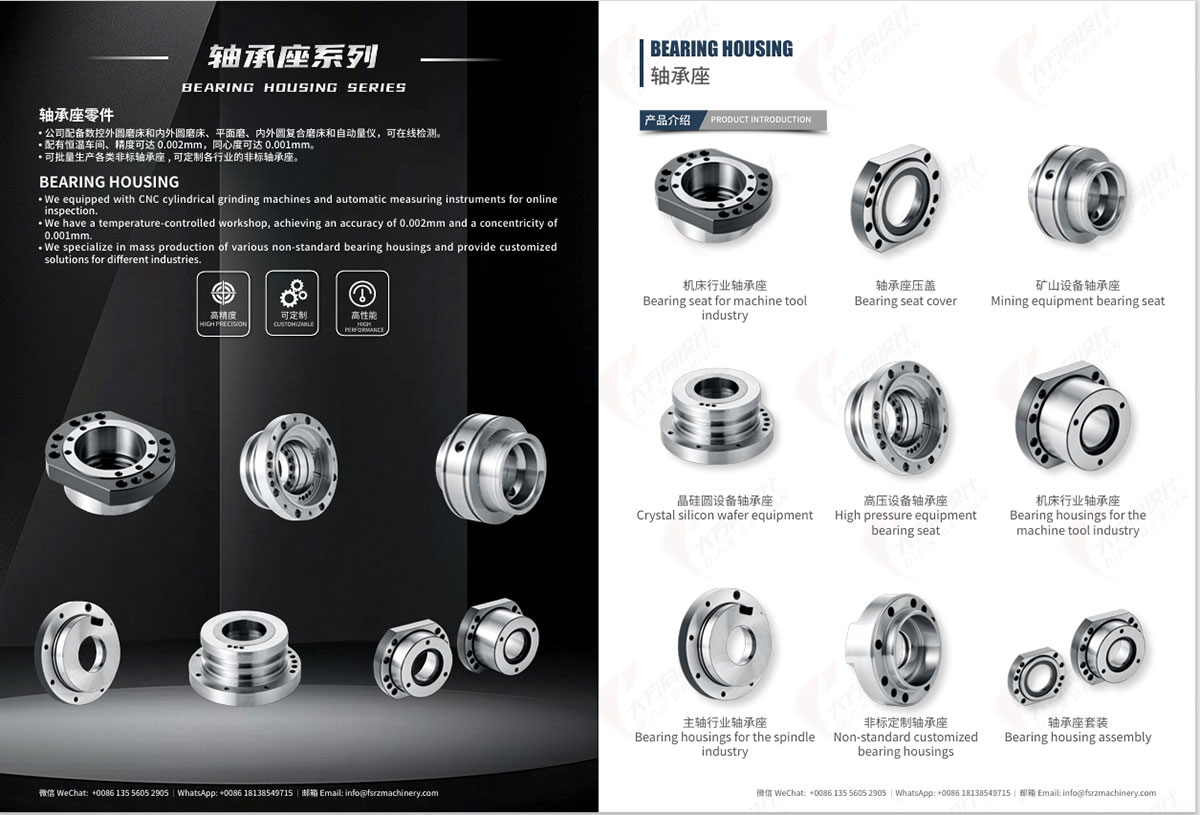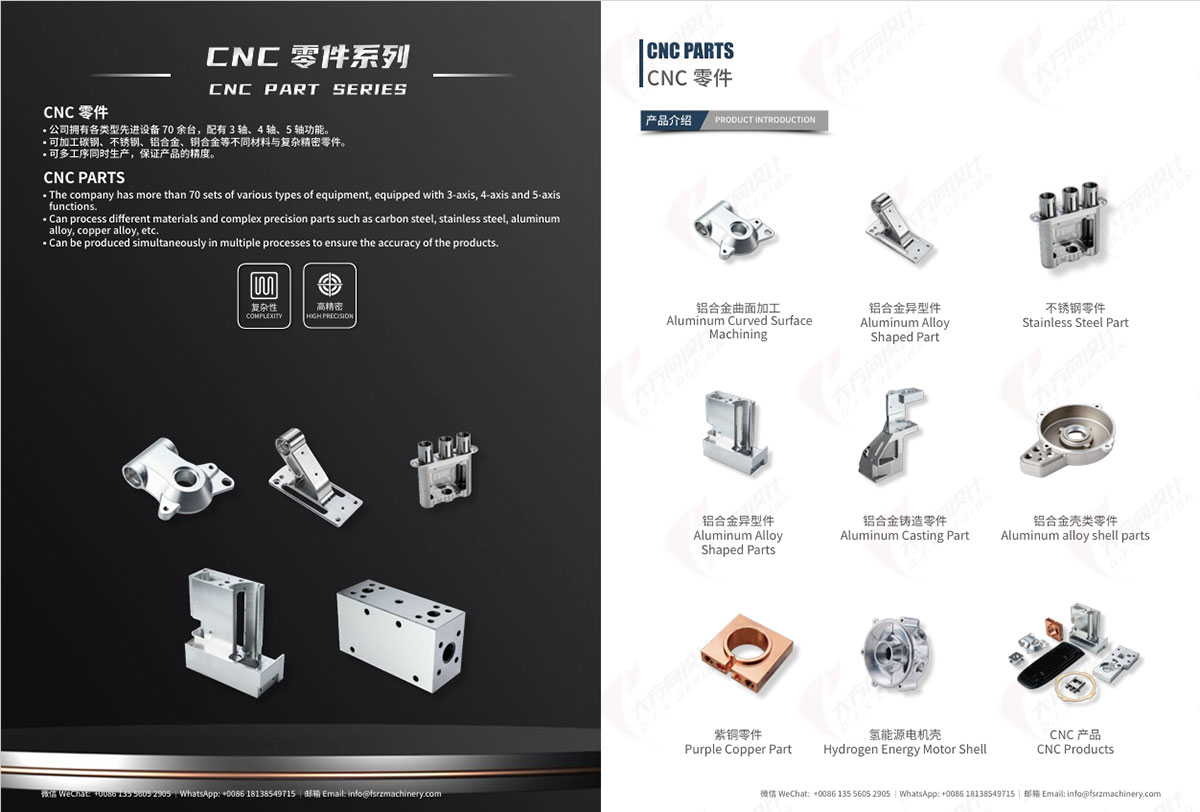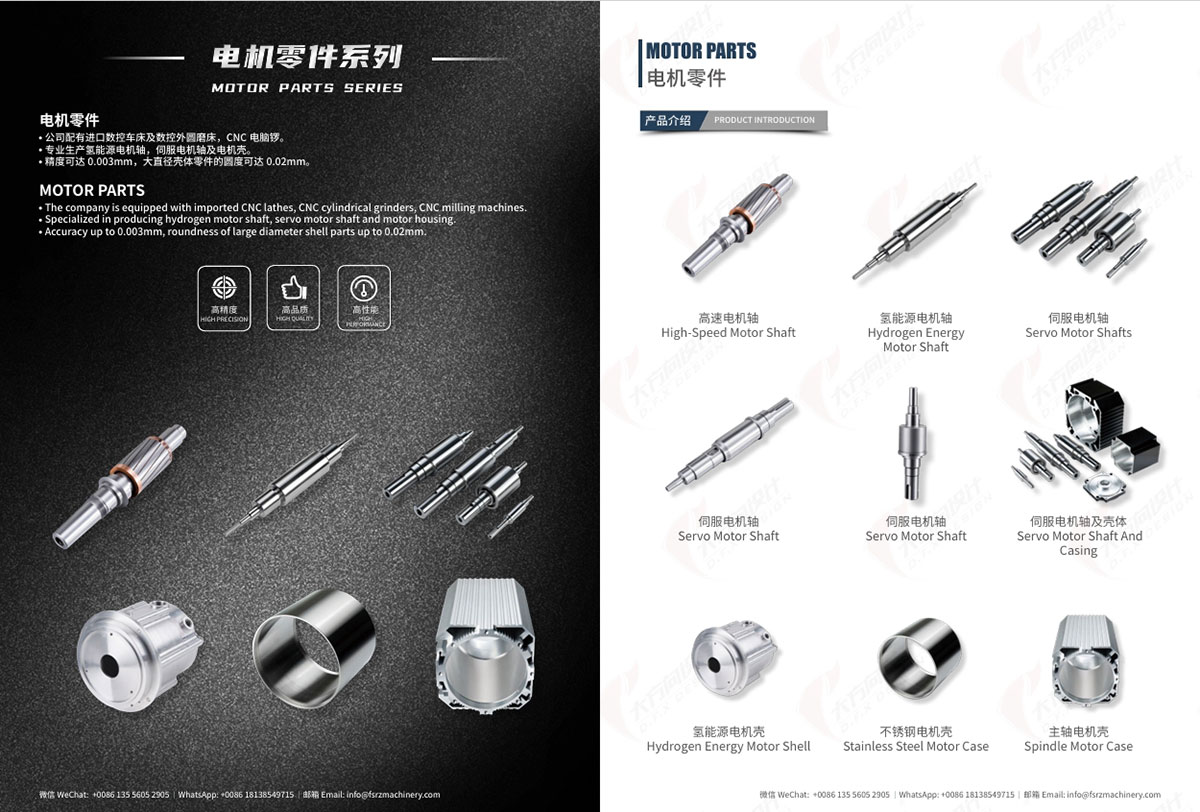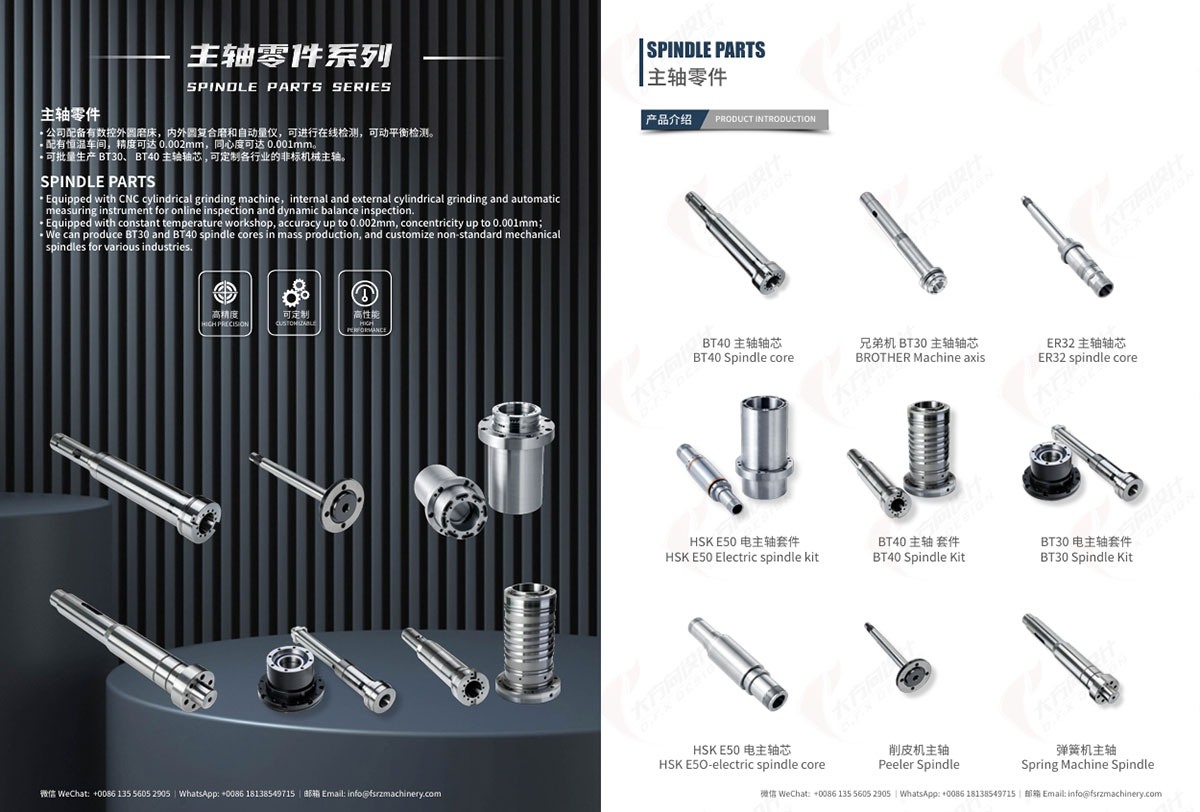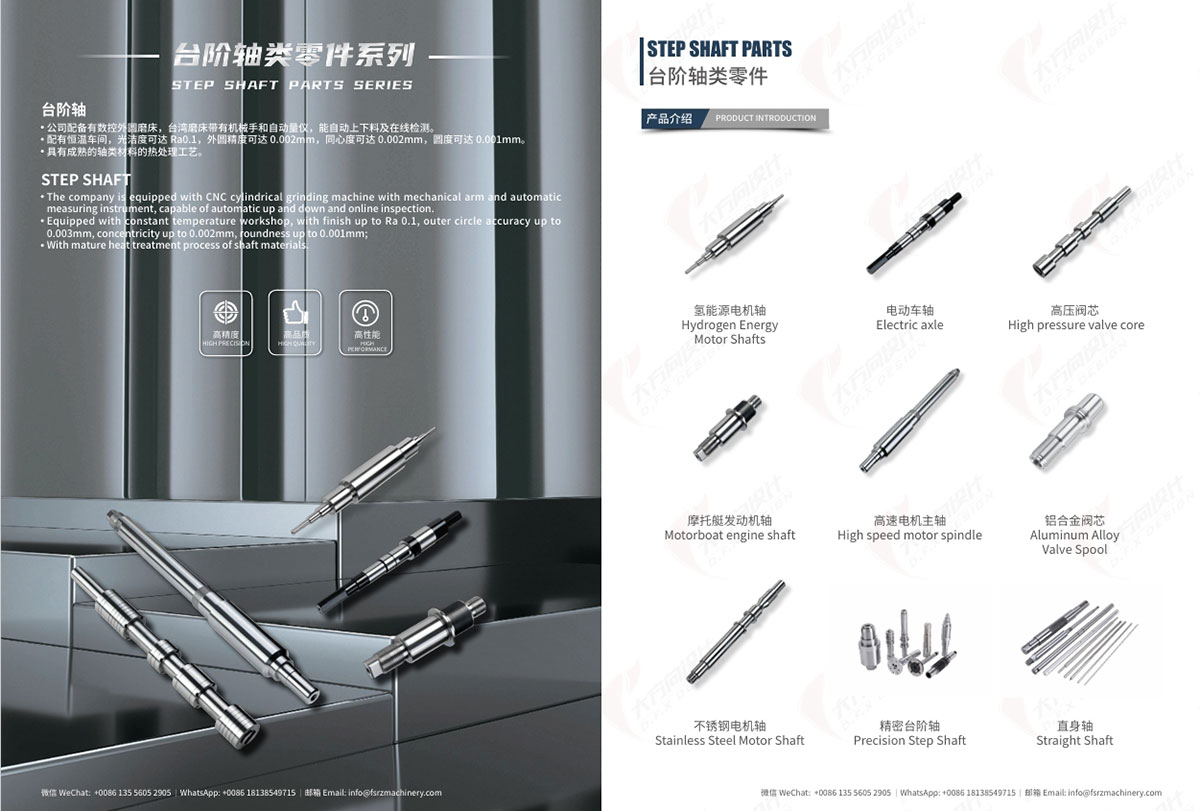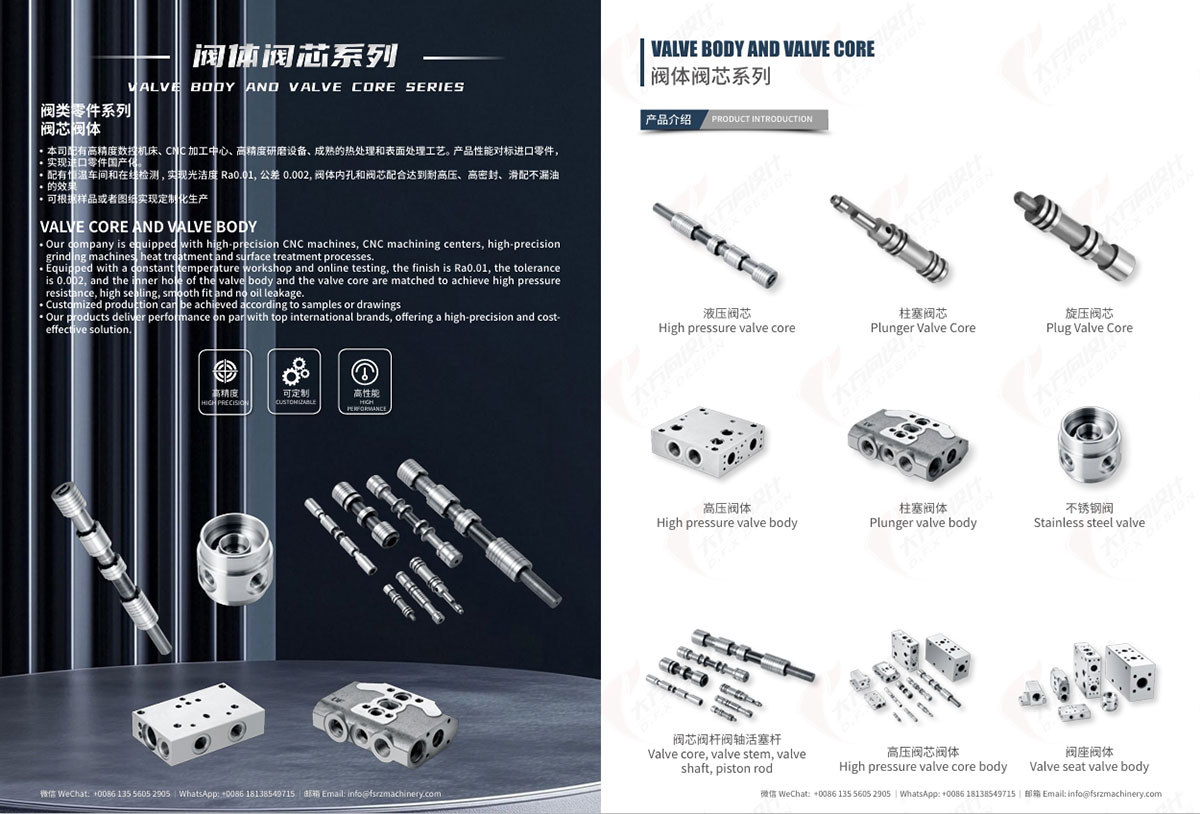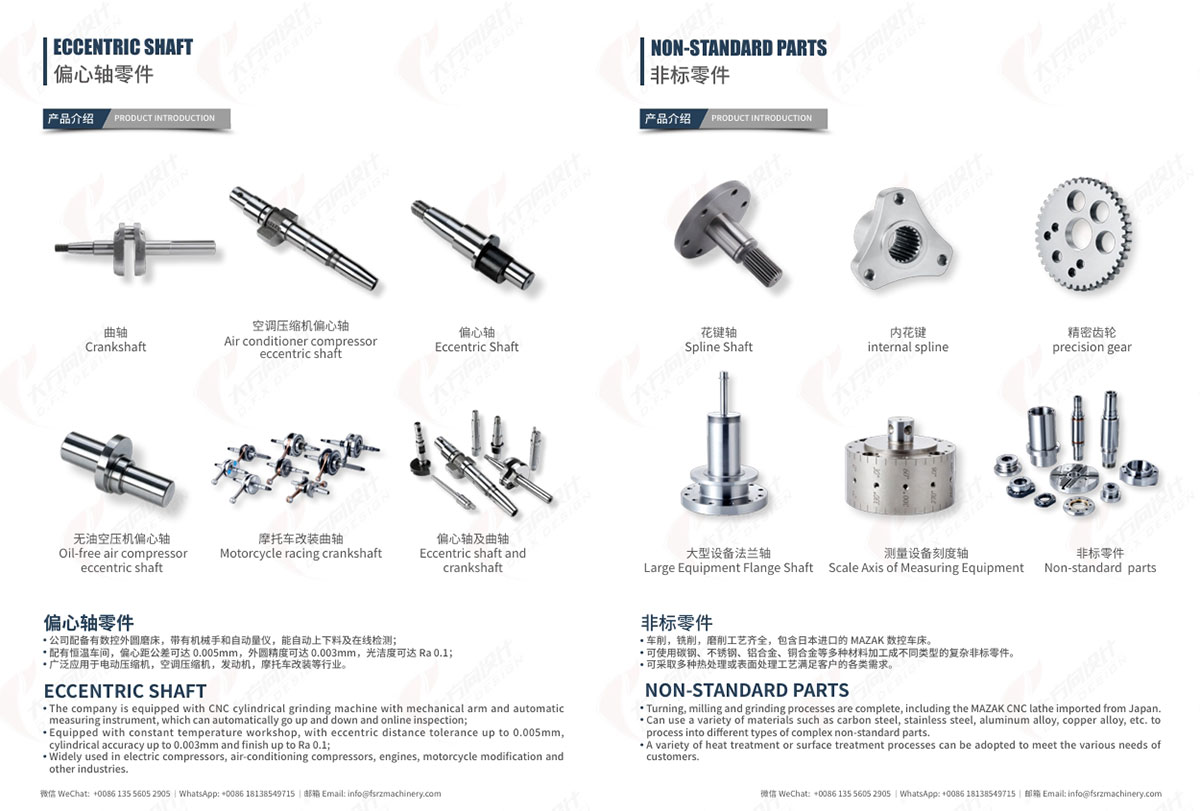
Precision shaft machining is of great significance in today’s era. For example, in our daily life, vehicles, motorcycles, air conditioners, medical equipment, ships, etc., these products and facilities require various precision shaft parts to be used normally, so that we can have our happy and convenient lifestyle today.
So what is precision shaft machining? What process technologies are needed? Based on everyone’s love for precision shaft machining, the following content we Foshan Ruizheng Machinery will share with you some basic knowledge about precision shaft machining, including: 1. What is precision shaft machining? 2. Key technologies for precision shaft machining; 3. Application areas of precision shaft machining; 4. Choosing the right precision shaft machining partner; 5. The future of precision shaft machining, I hope these precision shaft machining knowledge can help you.
What is precision shaft machining?
Precision shaft machining refers to the manufacturing process of shafts with extremely small manufacturing tolerances and high surface finish. These parts are essential for transmitting power or motion in machines ranging from automotive engines to aerospace systems. Using advanced CNC (computer numerical control) machines, lathes and grinding equipment, manufacturers can achieve micron-level accuracy, ensuring that shafts meet stringent performance standards.
Industry relies on precision machining to produce shafts to minimize friction, reduce wear and extend the life of mechanical systems. Whether it’s a camshaft for a car or a turbine shaft for a jet engine, the process ensures flawless function.
Key technologies for precision shaft machining
1. CNC turning and milling
Modern CNC machine tools are the backbone of precision shaft machining. These automated systems follow digital blueprints to carve raw materials (such as steel, titanium or aluminum) into complex geometries with unparalleled consistency.
2. Grinding technology
For ultra-fine surface finishing, grinders use grinding wheels to remove microscopic layers of material. This step is critical for applications that require near-perfect roundness and surface integrity.
3. Laser measurement and quality control
Advanced metrology tools, such as laser scanners and coordinate measuring machines (CMMs), verify dimensional accuracy. Real-time feedback ensures that every shaft meets specifications.
4. Heat treatment
Post-processing processes such as quenching or tempering can enhance material strength and ensure that the shaft can withstand high stress and high temperature conditions.
Applications of precision shaft machining
The versatility of precision shaft machining makes it an integral part of various industries:
Automotive: Crankshafts, transmission shafts, and drive shafts require precision machining to optimize engine performance.
Aerospace: Turbine shafts and landing gear components require lightweight and durable designs.
Medical equipment: Surgical tools and imaging equipment rely on miniature, ultra-smooth shafts to achieve precision movement.
Industrial machinery: Pumps, compressors, and robots use customized shafts to maintain operational efficiency.
By meeting industry-specific needs, precision-machined shafts ensure that machines operate seamlessly, reducing downtime and maintenance costs.
Choosing the right precision shaft machining partner
Choosing a reliable precision shaft machining manufacturer is crucial. Consider the following factors:
1. Experience and expertise: Look for a supplier with a good track record in your industry.
2. Technology investment: State-of-the-art CNC machines and quality control systems are non-negotiable.
3. Material knowledge: Expertise in machining alloys, ceramics, or composites ensures optimal results.
4. Certification: ISO standards or AS9100 (for aerospace) verify adherence to quality protocols.
A trusted partner will work with you to design, prototype, and mass produce shafts to your exact requirements.
The Future of Precision Shaft Machining
Precision shaft machining continues to evolve as the industry pushes for smarter, lighter, and more efficient machinery. Innovations such as AI-driven CNC programming, additive manufacturing hybrid processes, and sustainable machining practices are setting new benchmarks. Companies that invest in these advancements will take the lead in delivering next-generation solutions.
Precision shaft machining is more than just a manufacturing process—it’s the foundation of modern engineering reliability and performance. From automotive to aerospace, its role in producing high-tolerance components cannot be overstated. By partnering with skilled manufacturers and leveraging cutting-edge technology, companies can ensure their machinery will operate at peak efficiency now and in the future.
Whether you’re designing a new product or optimizing an existing system, prioritizing precision in shaft manufacturing is a strategic advantage. Leverage the power of precision shaft machining to stay ahead in an increasingly competitive industrial world.
Foshan Ruizheng Machinery Manufacturing Co., Ltd. is a service-oriented enterprise specializing in the production of precision shaft parts and precision non-mechanical parts. It has passed ISO-9001 certification and SGS certification, and has been awarded the title of China High-tech Enterprise. Our factory has more than 70 advanced precision machining equipment and testing equipment, and has an experienced professional technical team. At present, we have business cooperation with many well-known enterprises and listed companies, and are long-term suppliers of Hitachi, Bosch, Haas, Midea (shafts, housings, motor shafts).
At the same time, you can also learn about our Precision Manufacturing Service and precision shaft processing products Custom spindle part, Bearing housing, step shaft, Valve core And Valve body and other product processing services. We provide customized processing services to solve your various needs.

